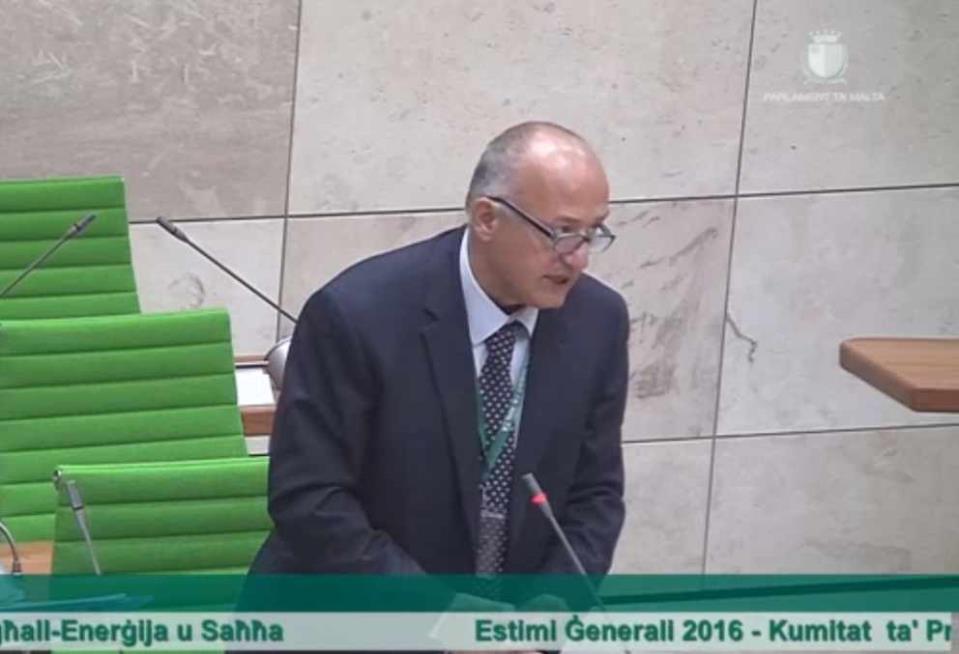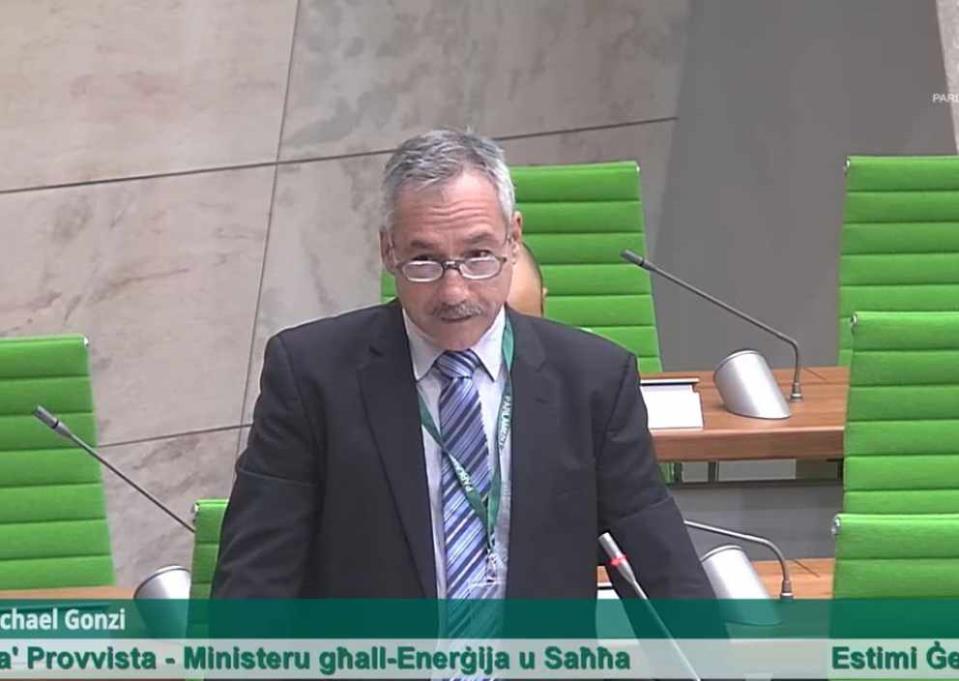Shadow Minister for Health Claudette Buttigieg this morning said the issues being raised by the Medical Association of Malta, which has registered an industrial dispute, sums up the warnings made by the Opposition over the past two years. These included the deterioration of staff levels, blocking of funds and overtime for junior doctors.
She was speaking during the budget debate on the Health and Energy Ministry.
Mrs Buttigieg congratulated the government for continuing projects started by the previous administration, including the Oncology Centre. She said, however, that the migration from Boffa hospital had taken longer than it should have.
The PN MP also said the government had spent €3 million more than planned on two new wards which held 68 beds between them. Taxpayers have to foot the bill for the miscalculation, she said. The chosen bidder had submitted a bid that was €3 million lower than those submitted by its competitors but the final cost had somehow increased.
She also asked what had happened on the weak concrete issue. The government had made a big fuss out of the issue but had now been silent for a number of months.
Mrs Buttigieg said some areas of Mater Dei had been blocked off while some lifts have been out of service since January. The government was also playing around, renaming corridors as wards to give the impression that no patients were being kept in hospital corridors.
On the hospital waiting lists, the Shadow Minister said the problem started being addressed by a PN government, which had signed agreements with the private sector to provide certain medical procedures. The government halted all agreements before realising its mistake and reversing the decision.
She also insisted that the government had deceived Gozitans with its privatisation plans. She said she was informed that the preferred bidder was still looking for investors to finance the project.
Mrs Buttigieg also mentioned a number of medicines and health products that were still out of stock, saying that the government did not manage to find the money for medicine but managed to find funds for the Café Premier owners. The Malta Community Chest Fund could have operated for a year and a half with the €4.2 million forked out for the bailout, she said.

PN MP Mario Galea said the government had dismantled the Crisis Intervention Unit which operated from Mater Dei Hospital’s emergency department. Today only one doctor is available to offer the service, he said.
While the hospital was geared to deal with medical emergencies but it should also be equipped to deal with mental health emergencies.
He noted that suicide rates have increased across the EU. In Malta the rate was still below the European average but it was increasing nonetheless. The PN MP said the Crisis Intervention Team had saved many lives. He cited the example of a woman who spoke to him recently and told him that the team had literally saved her sister, dissuading her from taking her own life.
Doctors used to follow up on their patients and did everything to avoid admitting them to Mount Carmel Hospital, avoiding the risks and the stigma that came along with being treated at the facility. Admissions to Mount Carmel have increased once again since the team does not have enough staff, and patients are not being followed up.

MP Michael Gonzi said Primary Care was still disjointed. 60% of clients were using the private sector and paying for the services. It was useless for the government to boast about the NHS when more patients were opting for private services. If the NHS was truly that good the private sector would have died a natural death. The increase in private sector usage should serve as a sign to the government to improve its services.
The government spoke about privatising parts of the health sector and public-private partnerships but there was practically no co-ordination between the NHS and the private health sector. The patient was not being put at the centre of the health services. What was the government’s holistic plan for the sector? How would privatisation or PPPs affect the service offered to the public? He warned that private entities might be more interested in making profits than the welfare of patients. While efficiency was to be strived for, patients could not be considered as numbers.
Dr Gonzi asked what had happened to last year’s budget proposal about the Cospicua health centre. The focus, he said, had now turned on Kirkop.
He also asked what had happened to the Electronic Patient Record, which helped GPs treat their patients better by having access to their medical history.
On waiting lists, Dr Gonzi said while waiting lists for some procedures had been shortened, being given an appointment was an altogether different story. It was still taking patients months, if not years, to get on the waiting list in the first place. He also argued that health services were not all about cataract operations and knee-replacements – other procedures still had excessive waiting times.